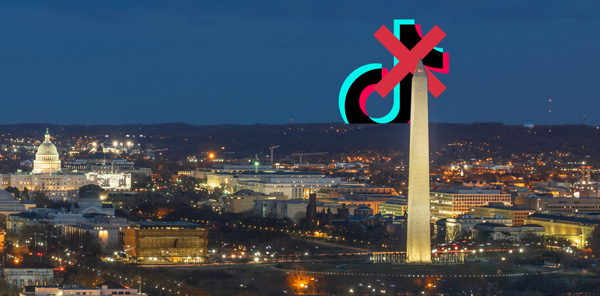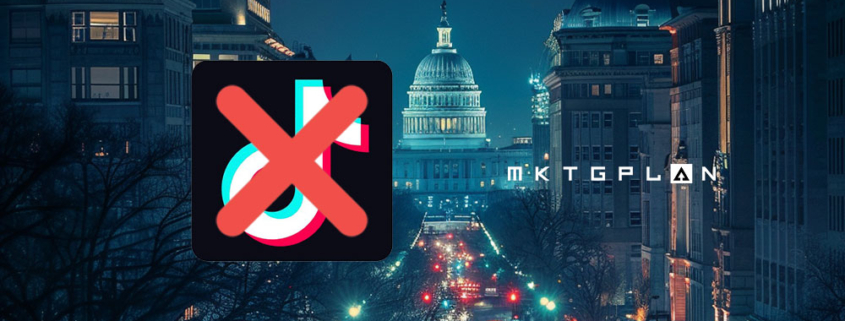TikTok Faces New Regulatory Hurdles as Social Media Marketing Awaits Impact
In a significant legislative move, the U.S. House of Representatives recently passed a revised bill that could reshape the landscape of social media marketing by targeting TikTok, a major player in the digital space. The social media marketing impact of this potential policy change could be profound, as TikTok, owned by ByteDance, might have to change hands or face a ban in the United States, according to the new stipulations.
This legislative push isn’t entirely new, as it echoes attempts from the Trump Administration to restrict the app, citing national security concerns. The initial proposal saw the House pass a similar bill in March—a proposal that didn’t gain traction in the Senate. However, this revised bill extends the timeline for ByteDance to divest TikTok from six to nine months, with an additional provision for a 90-day extension, potentially approved by the President.
The shift in legislative strategy seems to have persuaded some previously unconvinced senators. Maria Cantwell (D-Washington), the Senate Commerce Chair, expressed optimism about the updated bill, noting the extended timeline could facilitate a more likely divestiture.
A bipartisan House majority has passed a bill that could lead to a national ban of TikTok. The bill is expected to be included in a foreign aid package. https://t.co/kYmvwRtlcX
— CNN (@CNN) April 20, 2024
Passed with a robust majority of 360-58, the bill saw bipartisan support and is part of a broader legislative package that includes vital foreign aid allocations for Ukraine, Israel, and Taiwan. The inclusion of the TikTok bill in this package suggests strategic maneuvering by House Speaker Mike Johnson to garner conservative backing.
As the Senate prepares to deliberate on this package next week, with anticipated support from President Joe Biden, the implications for TikTok are significant. The administration has been vocal about the app’s potential risks, labeling it a tool for data collection on American users by the Chinese government and a medium for spreading propaganda.
In response, TikTok defended its platform, emphasizing the detrimental impact a ban would have on free speech for over 170 million American users and on approximately 7 million businesses utilizing the app for social media marketing and engagement.
 This unfolding scenario presents a critical juncture for social media marketing professionals and businesses alike. As the landscape of digital marketing continues to evolve with these regulatory challenges, staying informed and adaptable will be key to navigating future developments effectively.
This unfolding scenario presents a critical juncture for social media marketing professionals and businesses alike. As the landscape of digital marketing continues to evolve with these regulatory challenges, staying informed and adaptable will be key to navigating future developments effectively.
Earlier this week, when discussions about a TikTok bill resurfaced, the company released a statement criticizing the move. They argued that the House is using the guise of crucial foreign and humanitarian aid to push through a bill that would ban TikTok, which they claim infringes on the free speech rights of 170 million Americans, would negatively impact 7 million businesses, and could lead to the closure of the platform.
It is unfortunate that the House of Representatives is using the cover of important foreign and humanitarian assistance to once again jam through a ban bill that would trample the free speech rights of 170 million Americans, devastate 7 million businesses, and shutter a platform…
— TikTok Policy (@TikTokPolicy) April 18, 2024






